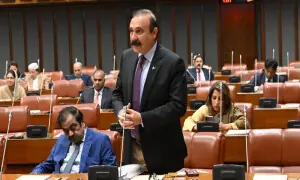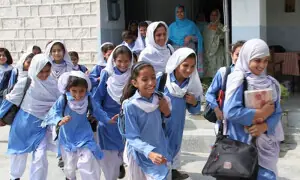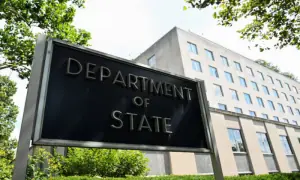Improving electricity supply could save 175,000 lives in Pak: UNICEF
2 min readA study by the United Nations Children’s Agency (UNICEF) has found that developing resilient energy systems to power health facilities in Pakistan could prevent over 175,000 deaths by 2030.
The study comes as Pakistan is experiencing an intense heatwave that has put significant strain on the country’s already fragile healthcare infrastructure. Temperatures have reached highs of 49°C (120°F) in parts of the country, leading to a surge in electricity demand.
UNICEF’s Powering Progress report states that implementing measures to make Pakistan’s energy systems more resilient to climate change impacts would contribute $296 million (£232 million) to the country’s economy by 2044. This would be achieved through reduced infant and adult mortality, as well as a lower disease burden.
UNICEF’s representative in Pakistan, Abdullah Fadil, emphasized the importance of ensuring reliable electricity supply to critical services like schools, healthcare centers, and water facilities. He noted that the current heatwave has caused power shortages that endanger children’s health.
The report’s authors define “resilient energy” as a reliable, flexible, accessible and high-quality power supply that can withstand grid failures and extreme weather events. Investing in such energy solutions across health, education and water services can generate substantial benefits for children and offer a triple return on investment, according to UNICEF.
The climate crisis is taking a heavy toll on Pakistan’s power generation and energy distribution. In 2022, devastating floods triggered by monsoon rains killed 1,739 people and damaged half the country’s water infrastructure. This year, Pakistan has experienced record-breaking April rainfall and soaring May temperatures, raising the risk of further flooding and forest fires.
Fadil urged the private sector to play a greater role, as public resources alone will not be enough to address the country’s energy resilience challenges. He emphasized that investing in Pakistan’s abundant renewable energy resources is crucial to help protect children from the impacts of climate change.
For the latest news, follow us on Twitter @Aaj_Urdu. We are also on Facebook, Instagram and YouTube.






















Comments are closed on this story.